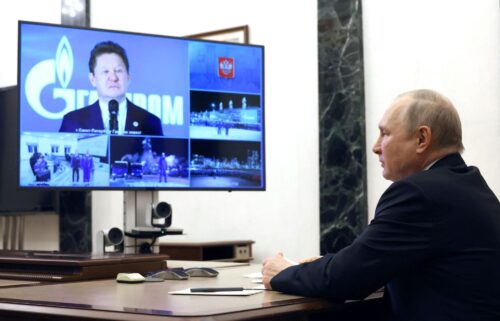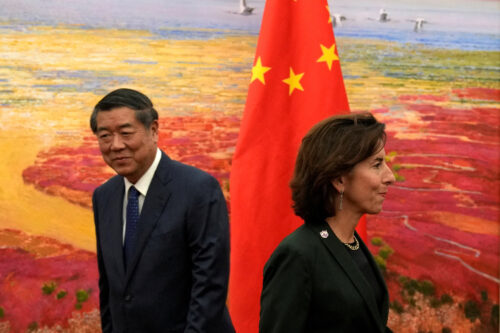Kuora: How the West views China now, China viewed the West 200-plus years ago

This week’s column comes from two of Kaiser’s answers, originally posted to Quora on December 29, 2017 and September 7, 2016.
Why do some Chinese say that the attitude of the West towards China is increasingly similar to the attitude of the Qing Dynasty towards the West?
and
What lesson did Chinese people learn from the “hundred year humiliation”?
I’ve not heard that said, but assuming that it’s true that some people have asserted this, it’s not at all difficult to guess what they might mean.
The reference is partially about the attitudes of the Qing in the late 18th century, at what looked superficially like the height of Qing imperial splendor, but at a time when in fact the rot had already set in and the Qing government was ossified, complacent, and undeservedly arrogant. Lord Macartney famously sought audience with the Qianlong Emperor and was given a dismissive letter to King George III in which the emperor basically said, “We have everything we need, and require none of your little baubles and gewgaws. You can trade with us, but on our terms. Take it or leave it.” What is implied is that today, Western hubris is blinding the U.S. and its liberal democratic allies to the fact that China must be taken far more seriously.
It may also be a reference to the fact that in the 19th century, the Qing Dynasty began very much to feel the threat of an increasingly powerful West, and people who make the comparison in the opposite direction may be suggesting that just as Qing officialdom fretted over the West, the West now frets about a rising China.
Or the reference may be specifically about trade: The West in the 18th and 19th century was the advocate of “free trade,” when conveniently such trade was very much to its own advantage; whereas now, in the time of Trump and Brexit, ironically it is Chinese president Xi Jinping holding aloft the banner of economic globalization and championing free trade.






